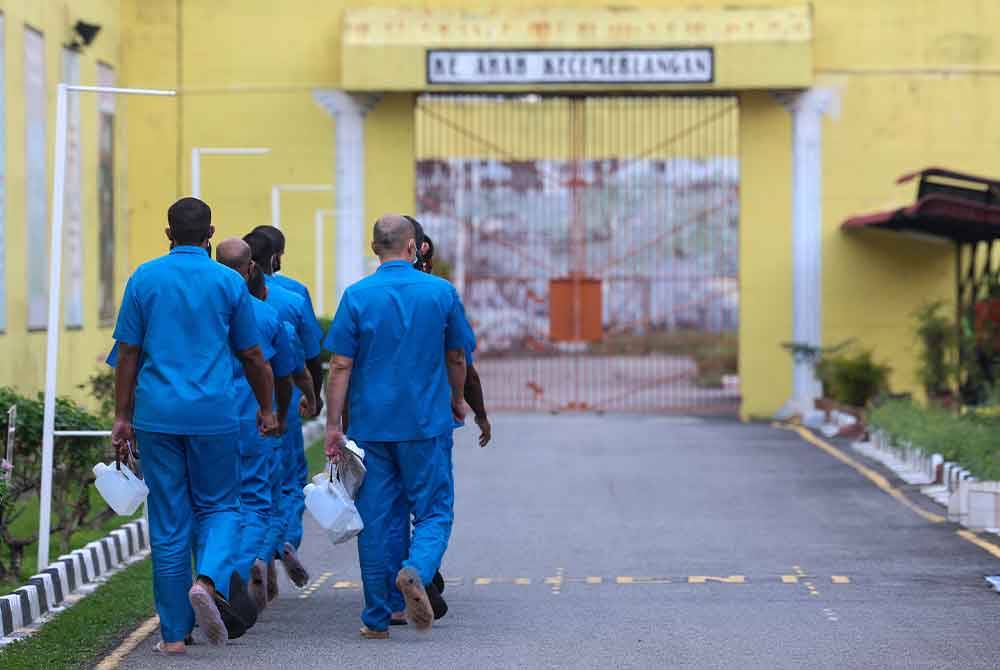Home detention: Consider risks, challenges - Criminologist
Several issues may arise with Licensed Release Prisoners Programme including non-compliance of participants.

SHAH ALAM - The proposal for the implementation of the Licensed Release Prisoner Programme (PBSL) through house arrest is a sensible measure and holds the potential to serve as an effective alternative for addressing the issue of prison overcrowding in the country.
Universiti Utara Malaysia (UUM) senior lecturer and criminology expert Dr Zalmizy Hussin said the approach also offered a second chance for inmates serving lighter sentences to undergo rehabilitation in a more open and humane environment.

However, Zalmizy said that the success of the programme relied on ensuring the availability of sufficient resources, careful consideration in selecting participants, access to necessary support and adopting a human-centred approach.
"With compliance with these principles, PBSL can be an effective instrument in the correctional and criminal justice system in Malaysia.
"PBSL through house arrest in other countries varies based on each experience and context.
“Similar programmes have been successfully implemented and yielded positive results, while in other places, there may be challenges and arising issues," he told Sinar.
He added that in some countries like New Zealand, Australia and the United States (US), house arrest for prisoners has been widely used and provided satisfactory results.
Zalmizy said the programme helped reduce prison overcrowding, provided opportunities for inmates to rehabilitate in the community and reduced prison costs for the government.
Additionally, experiences from foreign countries showed that with an efficient monitoring system, careful participant selection and sufficient support, PBSL could be successfully implemented without major issues.
However, he added the implementation of PBSL through house arrest in some countries faces challenges and criticism.
"Some issues that may arise include participant non-compliance. In some cases, participants may not adhere to release conditions, such as violating the allowed distance or failing to be at home at the specified time.
"This can pose safety risks and raise doubts about the program's effectiveness. Additionally, consider the aspect of community readiness.
"The implementation may face opposition from the local community concerned about the presence of prisoners around them.
"So, alignment with the community and proper exposure regarding the programme's objectives and benefits can help address these concerns," he said.
Zalmizy said there were also safety risks for PBSL participants, especially if they become targets of violence or threats from others seeking revenge.
Moreover, he highlighted that if the risk assessment of participants was not careful or accurate, it could lead to the involvement of ineligible individuals, thereby posing safety risks and programme failure.
"Despite the challenges and issues that need to be addressed, the experience from other countries shows that house arrest can be successfully implemented if carefully considered.
"It is important for us to study and learn from the experiences of other countries to ensure that this programme can provide maximum benefits to participants, the community and the correctional system as a whole," Zalmizy added.
Earlier, Home Minister Datuk Seri Saifuddin Nasution Ismail said the government had agreed in principle to implement the Licensed Prisoner Release, through home detention, for those who qualify.
He had previously reported to have said that prison reforms were needed to help reduce congestion in prisons and promote community correction for inmates.
Download Sinar Daily application.Click Here!













